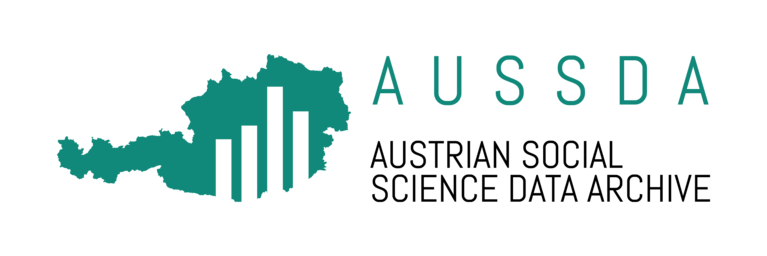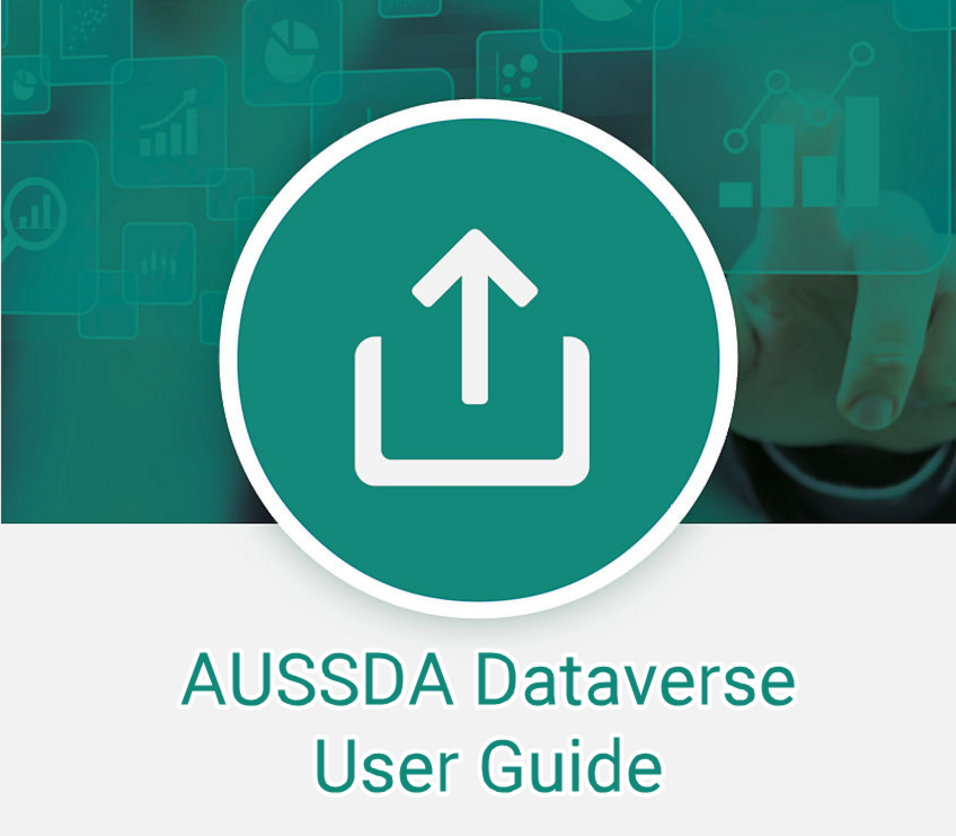The AUSSDA Dataverse is growing
In November 2017, the AUSSDA Dataverse was launched by the AUSSDA Team. Since then, our data archive has grown constantly as exciting new datasets joined our data collection. To facilitate the use of the AUSSDA Dataverse, we have compiled an AUSSDA Dataverse User Guide.
Important terms in a nutshell
In our User Guide, we explain what exactly the AUSSDA Dataverse is. In addition, we present a glossary with pictures to define important terms, for example:
- Sign up / Log in: create a new account or log in with your institutional login
- Search: search the AUSSDA Dataverse in English and use wildcards (*)
- Dataverse: the name of our archive software, but also a "folder" in which researchers, projects or specialist journals can make their datasets available; a dataverse can therefore comprise several datasets
- Datasets: can contain metadata, research data, documentation or code for download
Downloading files in AUSSDA Dataverse
The glossary also describes how to download datasets and files.
As soon as you have found an interesting dataset, you can usually tell from the title who can access it:
- OA edition (Open Access): This is a dataset whose files are freely available without a login. Under the "Terms" tab, you can see that an open license has been selected for the use of the dataset; simply click on "Download" and that's it!
- SUF edition (Scientific Use File): This is a dataset for scientific use. You have to be logged in to download data.
If a dataset is licensed for scientific use, the accompanying documentation such as questionnaires and method reports are usually still freely available. Files at AUSSDA are named according to a certain scheme in order to clearly assign them to a data set. More information on this and other topics can be found directly in the AUSSDA Dataverse User Guide.

